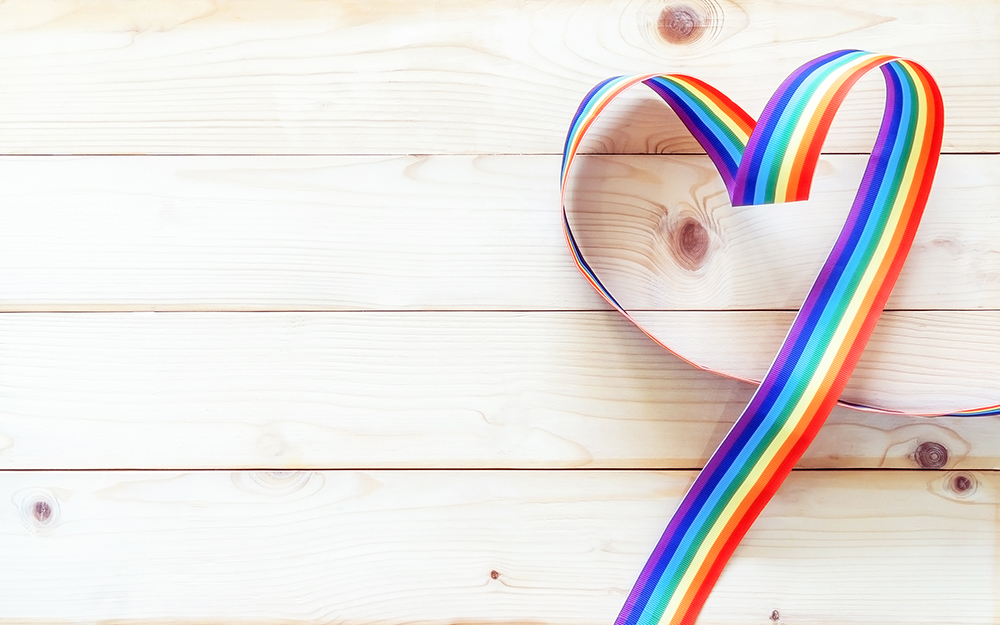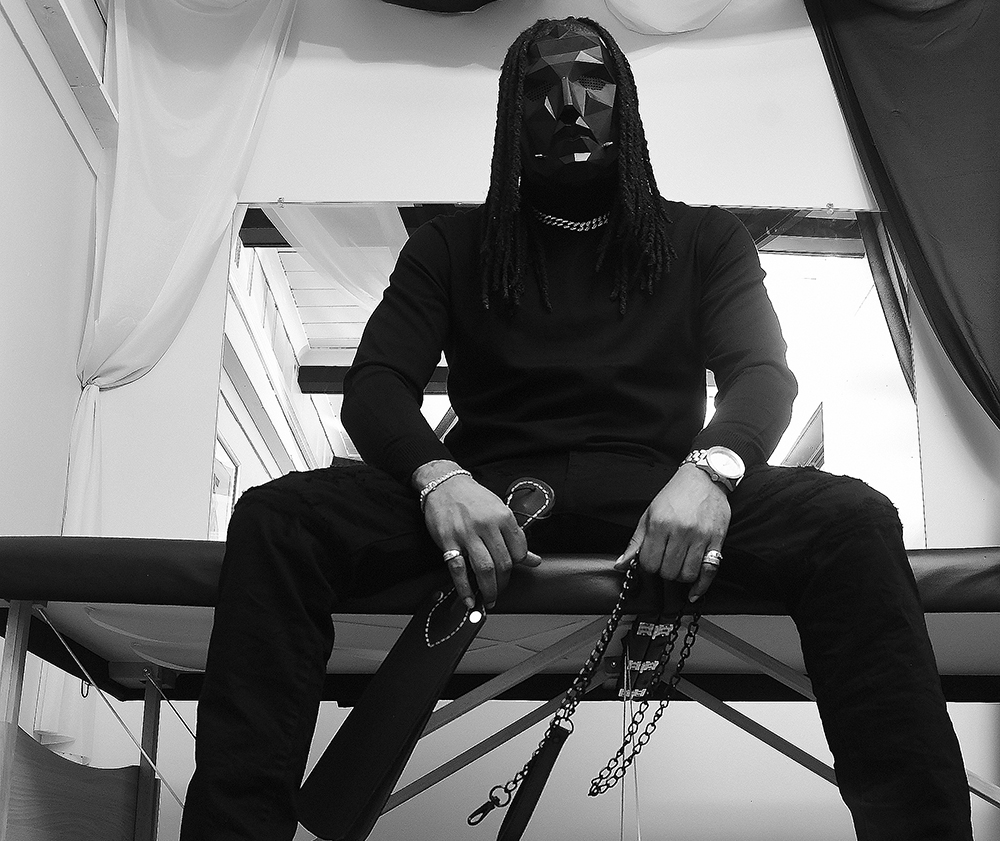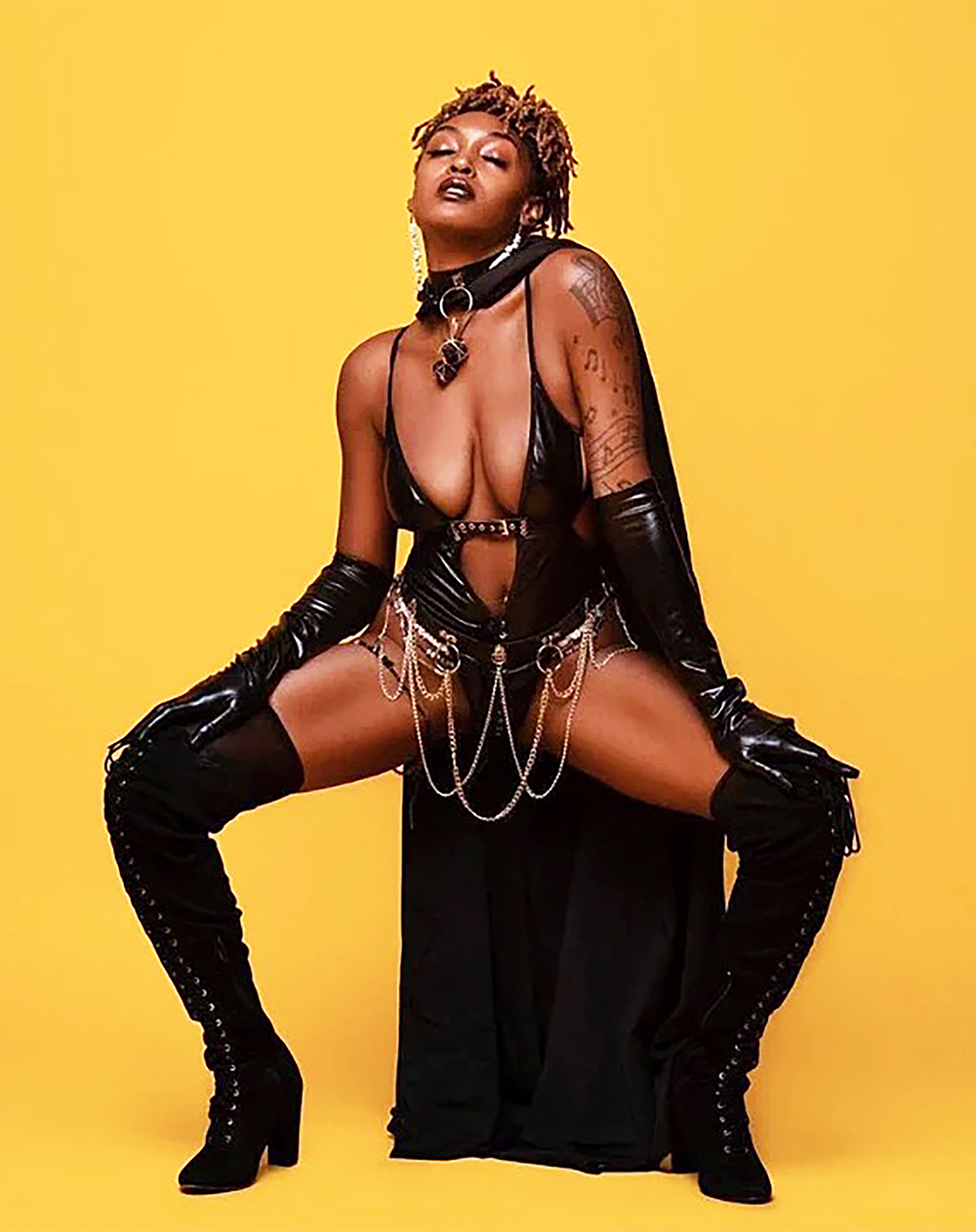Happy Pride month! June is going to be a rainbow party here in the Mid-South, where the LGBTQ community is making their voices heard. In the large overlap of the metaphysical and LGBTQ communities, there are many conversations about the words and terms used to describe energy. This conversation includes tarot, as tarot is a story of the flow of energy in our lives and the cause and effects of that energy and the choices we make.
The artwork of tarot has been evolving recently, with more decks being inclusive of BIPOC people as well as having more LGBTQ images. In a spiritual community, where love should be the law, having representations of queer and BIPOC people is necessary because they are a large part of the community and they need to know that they are welcome and important here, too.
Tarot is historically white. The mass-produced Rider-Waite-Smith deck was illustrated by Pamela Colman Smith, a Black woman who ran with the likes of Bram Stoker and William Butler Yeats. It was through Yeats that Smith was introduced to the Hermetic Order of the Golden Dawn and Arthur Edward Waite, who commissioned her to illustrate his tarot deck. Yet none of the people in the deck looked like Colman Smith. Even with the enormous popularity of what she created, Colman Smith suffered, like so many women, from the exclusionary attitudes towards female talent: She received a small, flat sum for her tarot deck and no royalties. Only recently has her name been added to the title of the Rider-Waite-Smith deck.
The current push for more inclusive decks has created a whole new genre of tarot. Although tarot is still historically both white and very straight in its imagery, all the new queer and inclusive decks have added a richness and depth to our tarot choices. As a professional tarot reader, I have many tarot and oracle decks — too many if you ask some. And most of them feature nothing but straight, white people. However, over the last few years I have added some new, amazing decks to my collection that include both people of color and queer people in the artwork. I have made the conscious effort to do so. I like to see people of different ethnicities and cultures in my decks. The world is full of people with different skin tones and cultures, and I want that reflected in my spiritual world, too. As someone who reads professionally for others, I want the people I read for to see themselves included in my tarot cards. We have all had moments where we relate to someone on TV, in a movie, a story, or in art that does not look like us or live the same lifestyle we live. But being able to see a person who has a similar skin tone or haircut or presentation that resembles yours is empowering, welcoming, and affirming.
If you are searching for a tarot deck that includes BIPOC and queer representation, I have a few suggestions to get you started. The Light Seer’s Tarot is my current favorite deck and the one I read for clients with. It includes people of various skin tones in different settings. The Modern Spellcaster’s Tarot includes a variety of skin tones and many LGBTQ people in various relationships. Without being a strictly “queer” deck, it is one of the more inclusive decks I have seen. The Modern Witch and Modern Goddess tarot decks feature women of all representations. The Queer Tarot and Pride Tarot both focus on queer representation with many BIPOC people included. Two of my favorite new decks just published are the Fifth Spirit Tarot Deck and This Might Hurt Tarot; both decks are queer and inclusive, for a world beyond binaries.
If you are new to tarot, or a professional like me, I encourage you to check out some of these decks and add them to your collection. They will add a depth to your readings, and may help your clients hear your message and take it to heart easier.
Emily Guenther is a co-owner of The Broom Closet metaphysical shop. She is a Memphis native, professional tarot reader, ordained Pagan clergy, and dog mom.



